Drug-related criminal cases in China have generally declined over the past decade, with the country's people's courts concluding 9,343 first-instance cases from January to May this year, marking a 29.31 percent decrease year-on-year, according to a press conference held by the Supreme People's Court (SPC) on Monday.
In 2024, people's courts across the country concluded 35,859 first-instance drug-related criminal cases, the SPC official at the conference noted. However, new types of drug crimes are on the rise rapidly, surpassing traditional drug offenses, with a clear trend toward younger users and offenders, CCTV News reported.
People's courts consistently enforce strict punishment policies, with a focus on severely punishing source-level offenses such as smuggling, manufacturing, and large-scale drug trafficking, as well as crimes involving armed protection of drug activities and violent resistance to law enforcement.
Key members of drug crime groups, including leaders, principal offenders, habitual offenders and drug financiers or employers, are harshly punished, with those guilty of particularly severe crimes receiving heavy sentences, including death penalty, in accordance with the law.
From January to May 2025, a total of 14,456 drug case defendants were sentenced after the judgments became legally effective, with 2,821 sentenced to prison terms of five years or more, a heavy sentence rate of 19.51 percent, approximately 12 percentage points higher than that of all criminal cases in the same period, according to CCTV.
In response to the evolving situation, people's courts attach great importance to new types of drug crimes and strictly punish criminals in accordance with the law. They particularly target crimes involving minors as main offenders or victims, and those using sedative or narcotic drugs to commit rape, molestation, robbery, and other offenses, enforcing severe penalties, CCTV reported.
For cases involving medical narcotic and psychotropic drugs, crimes that cause these substances to enter illegal channels are firmly punished to protect the public from abuse. At the same time, a clear distinction is maintained between criminal and non-criminal acts to safeguard the public's legitimate medical needs and ensure accurate case classification and appropriate penalties.
People's courts have also continued to carry out a variety of diverse and engaging publicity campaigns on the rule of law against drugs, exposing the various disguises and hazards of abuse of new types of drugs, and enhancing the ability of the people, especially youths', ability to recognize, prevent, and reject drugs, according to CCTV.










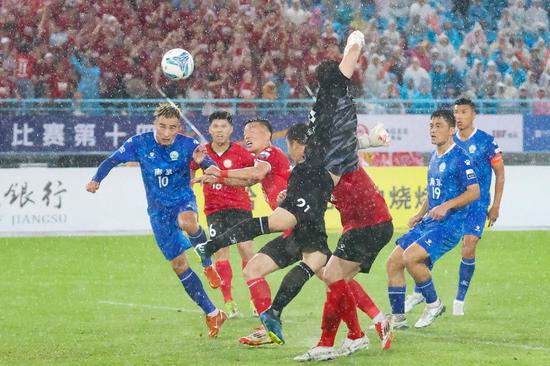



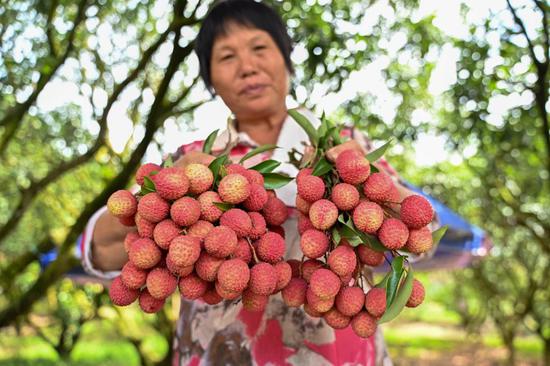

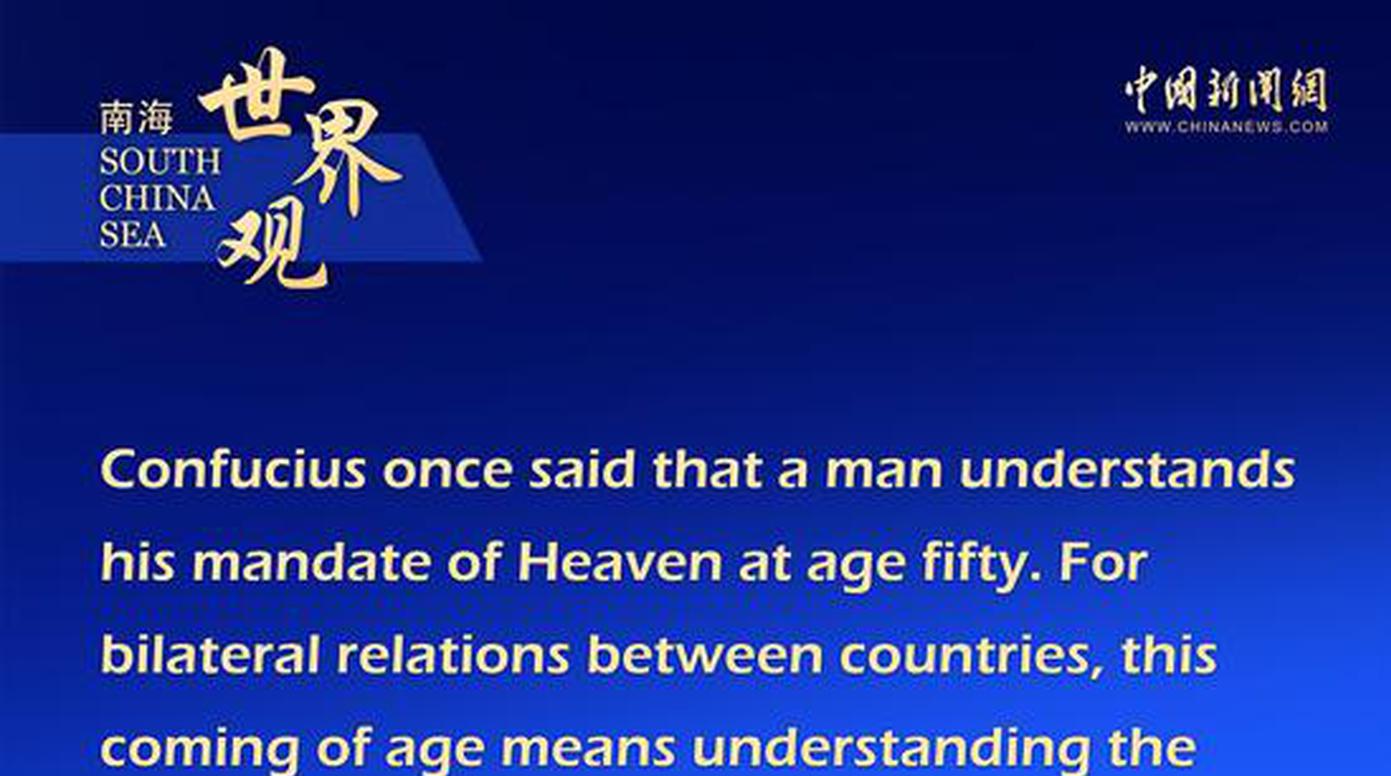
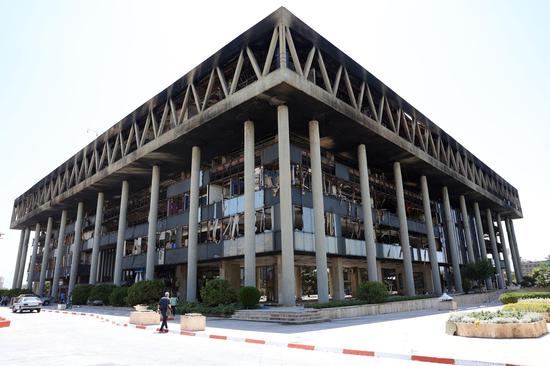






















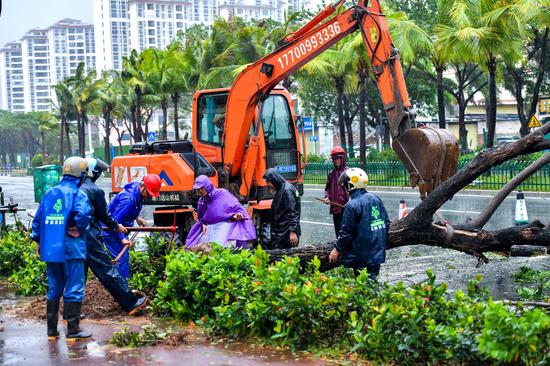

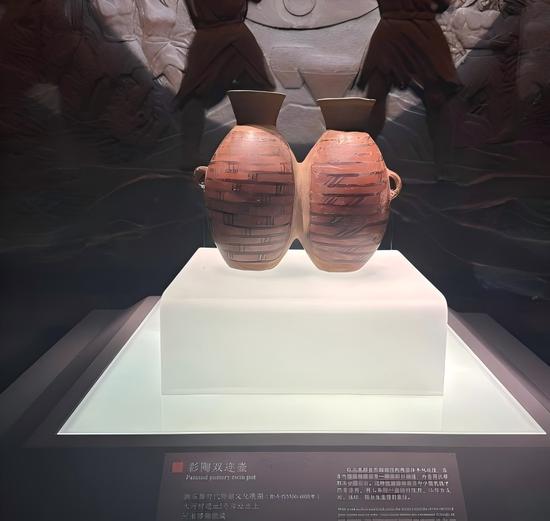
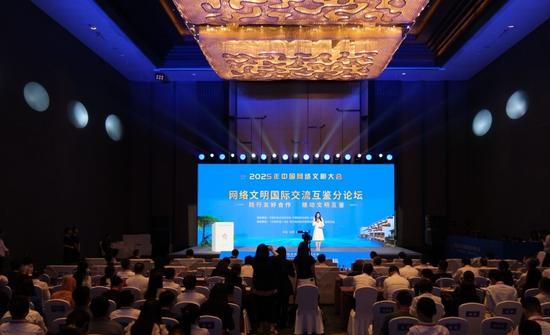


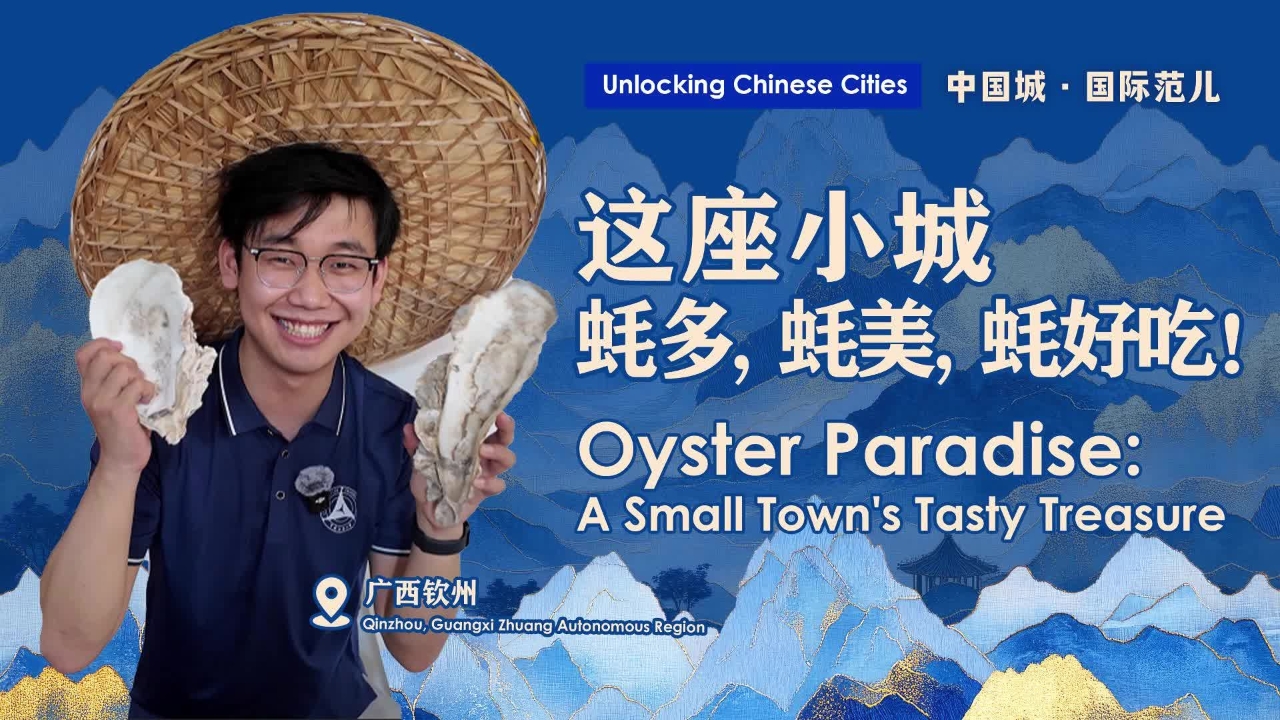

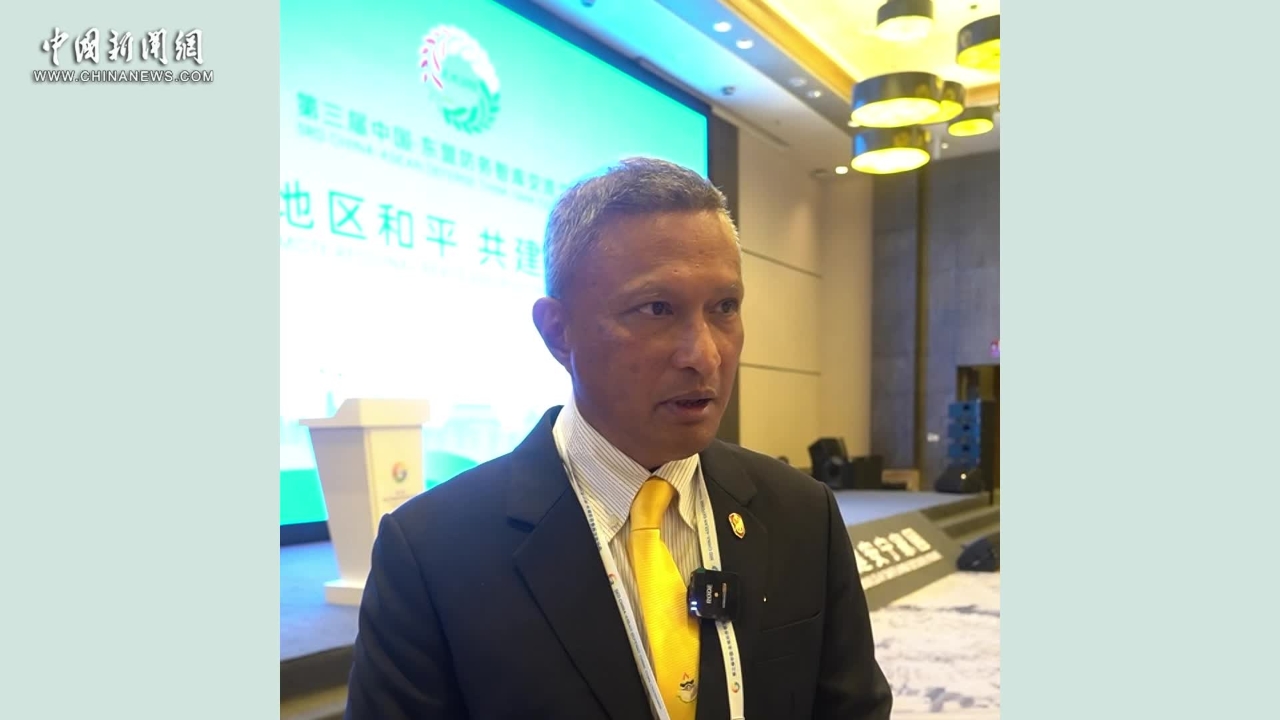

 京公網(wǎng)安備 11010202009201號
京公網(wǎng)安備 11010202009201號